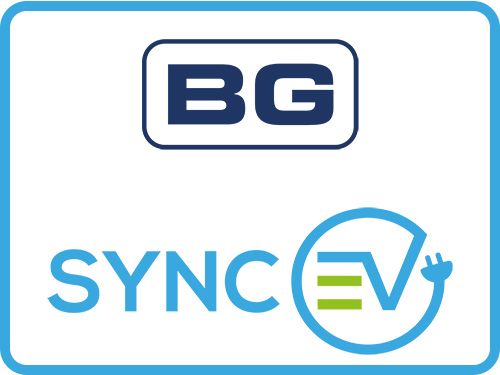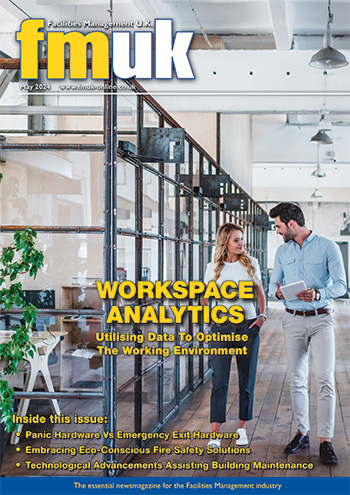Common Mistakes SMEs Make When Applying For Government Contracts

SMEs are the foundation of many economies, and for good reason. These enterprises contribute considerably to creating jobs and economic growth. When it comes to applying for government contracts, however, SMEs frequently make simple mistakes that could cost them valuable opportunities. In an extremely competitive sector, it is critical for SMEs to learn from and avoid these mistakes. We'll look at the reasons for these errors, the influence they have on the application process, and some practical methods for avoiding them. Keep reading to learn more.
Failing To Devote Sufficient Time To Comprehending The Process
One of the most significant mistakes that SMEs make when applying for government contracts is not taking the time to understand the process. Government contracts are complex, and the application process can be lengthy and time-consuming. SMEs often underestimate the amount of time and effort required to complete the application, leading to incomplete or subpar submissions.
To avoid this mistake, SMEs should take the time to research the application process thoroughly. They should understand the requirements, the evaluation criteria, and the timeline for submission. It's also essential to identify the decision-makers and understand their priorities and preferences. SMEs should also research the types of contracts that are available and identify the ones that are a good fit for their business, which can be done by visiting Supply2Gov. By doing so, SMEs can tailor their applications to meet the needs of the government agency, increasing their chances of success.
Inability To Demonstrate Value For Money
Government agencies are looking for vendors who can provide high-quality products or services at a reasonable price. SMEs that fail to demonstrate value for money are unlikely to be successful in the application process. SMEs should highlight their unique selling proposition, such as their expertise, experience, or innovative approach. They should also be transparent about their pricing and provide a detailed breakdown of their costs. As a result, SMEs can demonstrate that they are offering a competitive price while providing high-quality products or services.
Unable To Exhibit The Relevant Experience
Another mistake that SMEs often make is not demonstrating relevant experience. The government wants to work with suppliers that have the necessary experience and expertise to deliver the required services or products. SMEs that cannot demonstrate this may find it challenging to win government contracts.
To demonstrate relevant experience, SMEs need to provide evidence of their previous work that is relevant to the contract they are applying for. This could include case studies, references, or testimonials from previous clients. SMEs should also highlight any relevant certifications or accreditations that they hold.
Saying “Yes” To All Opportunities
Finally, SMEs often make the mistake of saying yes to every opportunity. While it's important to be proactive and pursue new opportunities, SMEs that say yes to every opportunity are unlikely to be successful in the long run. It's essential to be selective and focus on opportunities that align with the company's strengths and expertise.
SMEs should consider factors such as the complexity of the project, the resources required, and the potential profitability. SMEs should also consider their existing workload and only pursue opportunities that they have the capacity to complete successfully.
























































